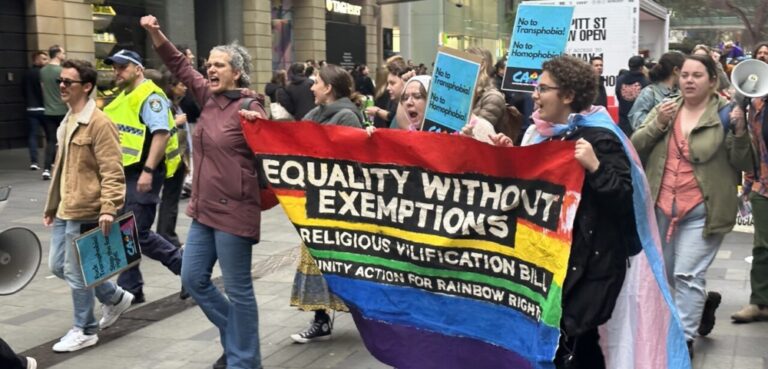
Senate inquiry report calls on PM to prohibit LGBT discrimination in faith-based schools
The Senate inquiry into the discrimination faced by LGBT students and staff at faith-based schools has yielded a report recommending changes to the Sex Discrimination Act 1984.
The report rejected leaked recommendations from the Philip Ruddock-led religious freedom review and called on Scott Morrison and the federal government to amend the Act to protect LGBT students and staff from discrimination.
Recommendations from the religious freedom review were leaked in October, which advocated for the right of faith-based schools to discriminate against students and the employment of staff on the basis of sexual orientation, gender identity, or relationship status.
The leak prompted advocates to focus on existing exemptions in the Sex Discrimination Act, exemptions the Australian public were broadly unaware of.
In its report, the Senate Legal and Constitutional Affairs References Committee called on the government to reject recommendations 5 and 7 of the religious freedom review, which would allow faith-based education institutions to single out certain groups for discrimination on the basis of sexual orientation, gender identity, or relationship status.
“The committee considers that all students should be protected from discrimination on the basis of gender, sexuality, and the other attributes covered by the Sex Discrimination Act,” the report read.
“The committee was pleased to hear various faith‑based educational institutions indicate that they have not, would not, and do not wish to expel students on the basis of their sexuality.
“However, if it is the case that the exemptions are not being used against students, that is no reason to maintain them. Rather, it is reason to remove them as unnecessary.”
The committee also recommended amendments to the Sex Discrimination Act to protect students and staff from discrimination on the basis of their sexual or gender identity, while still allowing faith-based schools to uphold their ethos.
It pointed to Tasmania’s anti-discrimination laws as an example, Tasmania being the only state that prohibits faith-based schools from discriminating against LGBT teachers.
Tasmania also prohibits discrimination against LGBT students, though schools across the state can make use of exemptions in the anti-discrimination legislation if they can argue the discrimination was based on the grounds of religious belief.
“The committee understands that schools are anxious to ensure that their staff uphold the ethos of the school,” the committee’s report read.
“Nonetheless, it has not been fully established that schools need to be able to discriminate on the basis of a teacher’s attribute, as distinct from their conduct.
“If an employee conducts themselves in the school community in accordance with the school’s values, it is not clear why there should be scope for adverse action to be taken against them simply because they hold a particular attribute.
“However, it is important that faith‑based educational institutions be able to uphold their ethos in a reasonable way. Australia’s religious communities should feel that their religious freedoms are respected and protected.”
Co-Chair of the Equality Campaign and Director of Legal Advocacy at the Human Rights Law Centre (HRLC), Anna Brown, said it was time for the Australian Parliament to remove outdated laws.
“Parents and children need certainty for the new year,” she said.
“They deserve to go into 2019 knowing that no student will face discrimination at school because of who they are.
“There are only two sitting weeks left for the Australian Parliament. The Prime Minister made a clear promise to remove discrimination against LGBT students in schools as soon as possible. Now is the time for Morrison to honour his promise.”
Brown added that the parliament has a pathway to allow schools to protect LGBT teachers from discrimination while allowing religious schools to maintain their religious ethos.
“Teachers should be able to do their job without having to hide who they are,” she said.
“More than one in three schools in Australia is a religious school. Allowing discrimination against teachers to continue sends a message to their students that flies in the face of the values of fairness and acceptance that Australians expect in modern society.”
A recent survey by just.equal found that 94.5 per cent of LGBTI Australians were opposed to government legislation that would allow indirect discrimination at faith-based schools on the grounds of a school’s religious ethos.
Greens Senator Janet Rice, who helped to fast track the tabling of the committee’s report, welcomed the report’s recommendation to remove discrimination against LGBT students in schools.
“The Greens support the Senate Inquiry recommendation to remove discrimination against LGBTQ+ students, but we must also act immediately to remove discrimination against teachers and other staff,” she said.
“We don’t need any further delay before removing discrimination. Schools should be discrimination-free zones for all LGBTQ+ people, regardless of whether they are are a student or a staff member.
“Labor and the government promised the Australian people that they would remove discrimination in schools within a fortnight of the Wentworth by-election. It’s beyond time for the major parties to act on that promise.”
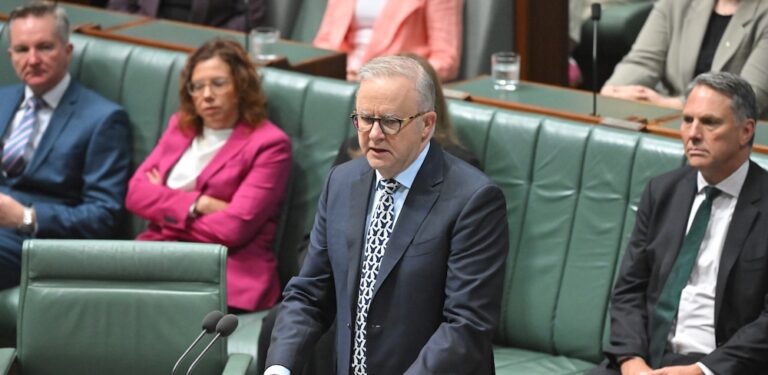

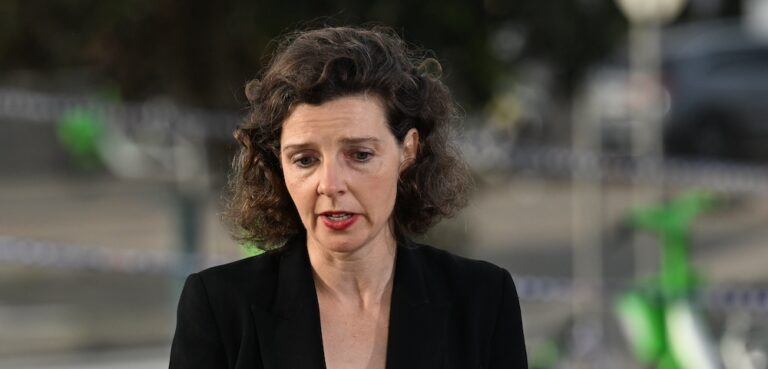

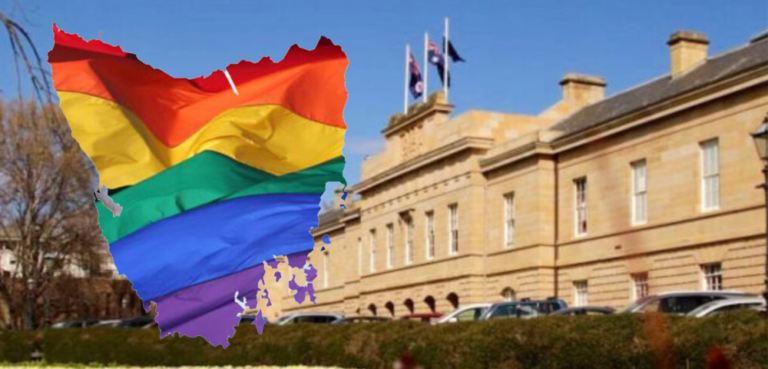
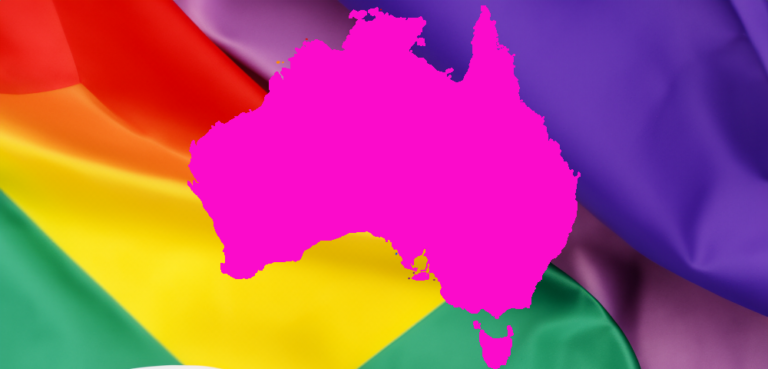
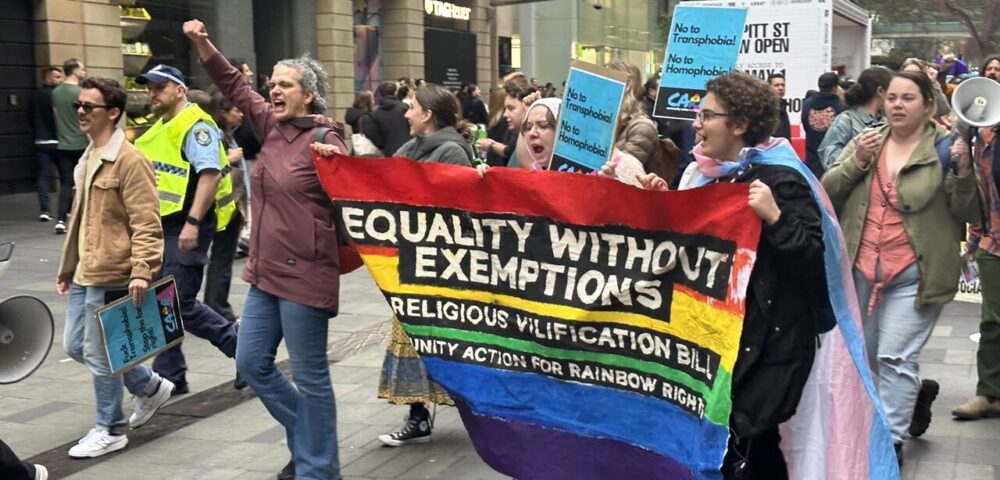
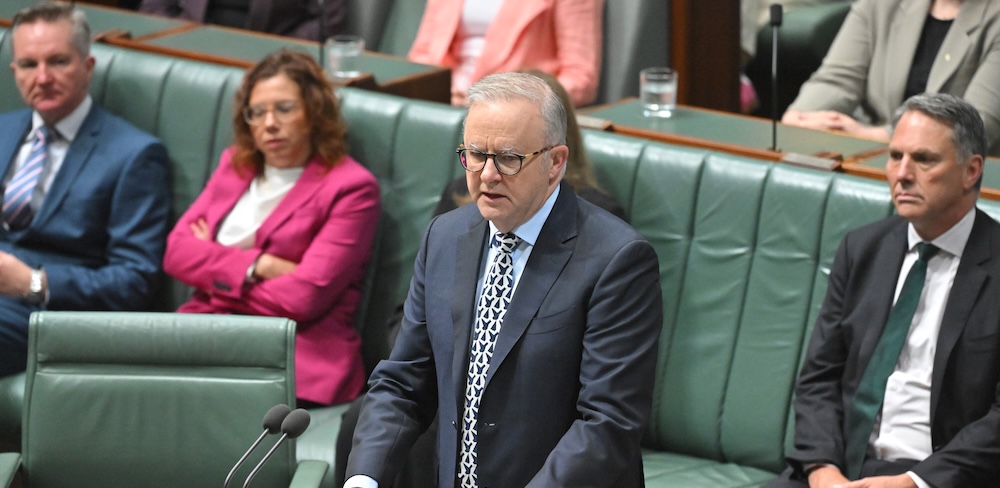

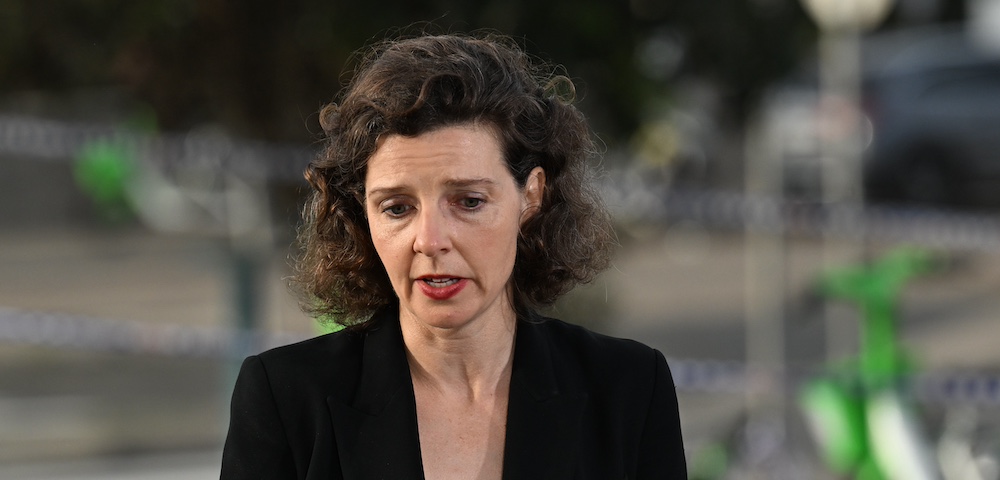

Can we stop using the term “faith” to replace “religious” please?
I have faith in scientists among other things and I feel that it’s being used to make religion sound virtuous when it’s really a con.
Ooh, sorry to make a bit of a dick of myself but one can’t “have faith in scientists” because scientists in the course of their work invariably contradict other scientists, so where does faith go in that instance? It’s like Ned Flanders from the Simpsons; “I’ve tried to follow the Bible, even the bits which contradict the other bits.”
What I think you’re saying is that you have confidence in the scientific process to achieve progress for our world. I know that’s how I feel. But don’t place too much faith in individual scientists because as most of them freely admit, they’re quite often wrong.
You’ve touched on a very relevant point which is often raised in discussing climate science. Scientists are and should be by their nature skeptical about science. They should want to review it, re-test it, come at it from a new angle and not simply accept it. That’s great. The misuse of the word ‘skeptic’ (ie ‘Tony Abbott is a climate skeptic’) is deeply unfortunate. Folks who deny science rather than want to see more robust better science are the problem – and that’s what we see from the Abbotts and Bolts and Bernardis. But you only get better, more robust science by being skeptical about the science we already have.
Oh crap I’ve already spotted a political-point problem with my own post: When I refer to scientists disagreeing with scientists, I don’t mean to diminish the “consensus” around climate change. I’m referring to details not the broad observation that decade-on-decade temperatures continue to increase in this era of increased CO2 levels.
Scientists don’t diss the big picture but the fine details do remain open to discussion.
That said, for the Alan Jonses and Andrew Bolts of this world, if you can find a scientist who comes up with more accurate and more robust climate prediction models which happen to disprove carbon climate impacts, you’ll be celebrated forever for saving the world and the coal industry, just produce the science and I’ll start listening to you. You already know that. And yet you haven’t found anything which achieves this.